Furuno Electric Company Receives Prestigious IEEE Recognition
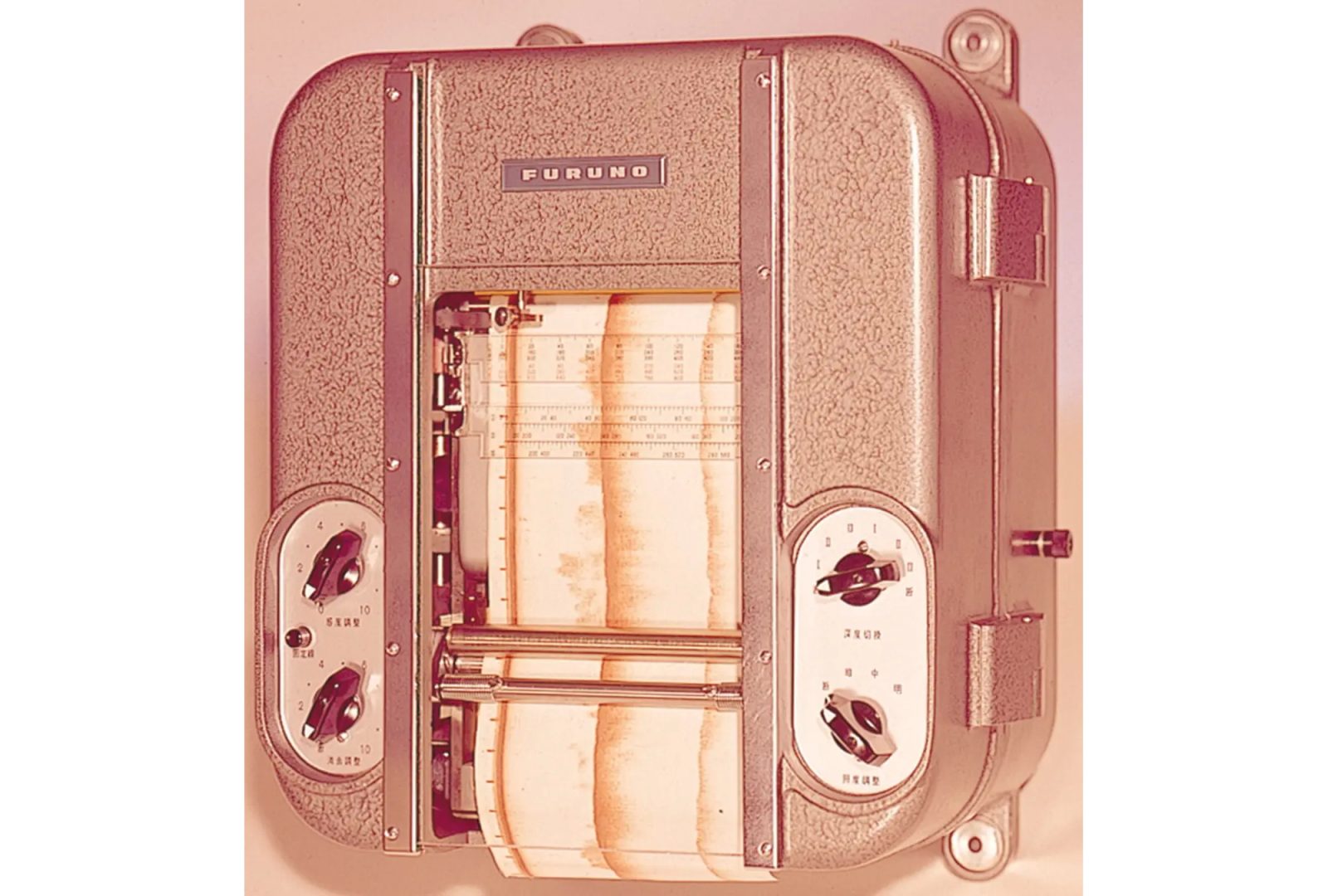
Nishinomiya, Japan – Furuno is thrilled and honored to announce that the Institute of Electrical and Electronics Engineers (IEEE) has recognized its first Fish Finder as an IEEE milestone. IEEE is the world’s largest technical professional organization and is dedicated to advancing technology for the benefit of humanity. Furuno has been honored for its groundbreaking commercialization of the world’s first practical Fish Finder, a device that quickly became a staple of both commercial and recreational fishing, and for its contribution to modernizing the global fishing industry.
Two brothers, Kiyokata and Kiyotaka Furuno, worked diligently to develop their electronic device to detect fish. Fighting against norms and tradition, the pair endeavored to get a ship to allow them to install their device aboard a working fishing vessel. In May of 1948, they achieved success aboard a ship called the Choseimaru. The skipper believed they’d find no sardines given their location and the tides, but Kiyokata Furuno insisted he’d seen a smoke-like image on the device. Having convinced the skipper, the ship returned to where he’d seen the dim reflection and the skipper shined a lamp into the water, revealing a school of sardines. This dramatic moment was a turning point for the brothers, and Furuno Electric Industries was founded in December of 1948. From their humble beginnings as electrical installers, the two adopted a new attitude, saying, “We are no longer electricians. We have to become fishermen. Furuno doesn’t sell a box of equipment to our customers – we sell them results,” a principle that would become a founding tradition of the fledgling company.
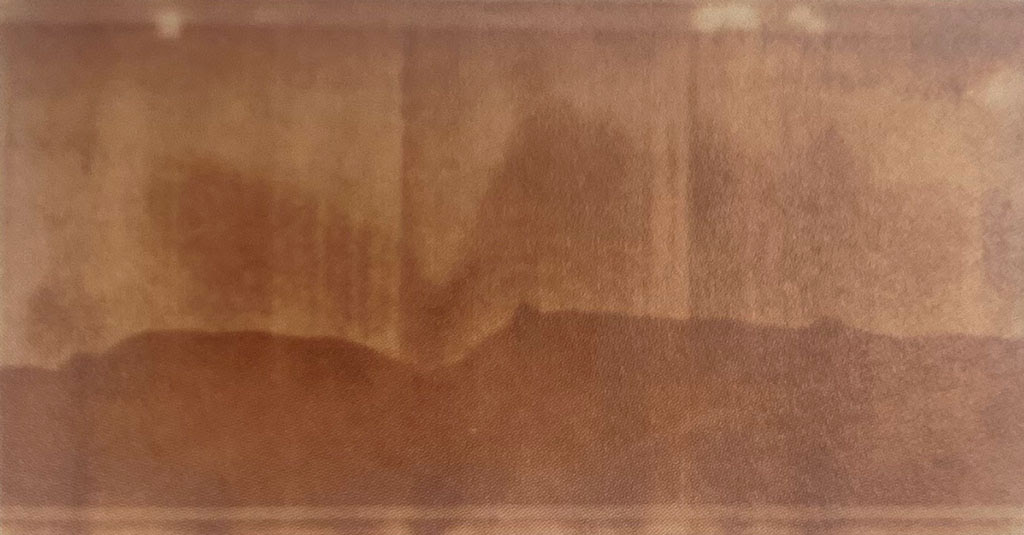
Their innovation dramatically increased catch rates, making it an essential tool for the fishing industry. The Fish Finder played a key role in securing Japan’s protein supply, which was crucial in the post-World War II era, and contributed to the nation’s recovery. From those humble beginnings, Fish Finders are now standard equipment on nearly every fishing vessel around the globe. Furuno is honored that the IEEE has recognized the historical significance of this invention that has revolutionized the fishing industry, turning what was once a reliance on intuition and experience into a precise science powered by electrical technology. This advancement transformed fisheries, laying the foundation for modern practices in the industry.
The IEEE Milestones program recognizes significant achievements in electrical, electronics, and information technology that occurred at least 25 years ago and have made lasting impacts on society and industry. To date, around 260 Milestones have been recognized worldwide, including groundbreaking innovations like the Voltaic Cell, the Integrated Circuit, and the QR Code. Visit their website to learn more about the IEEE and the Milestone achievements they’ve recognized.
Furuno, a global leader in marine electronics since 1948, continues its legacy of innovation and excellence, offering decades of experience and customer-focused design. To learn more about Furuno products, visit their website at www.FurunoUSA.com or www.NavNet.com.
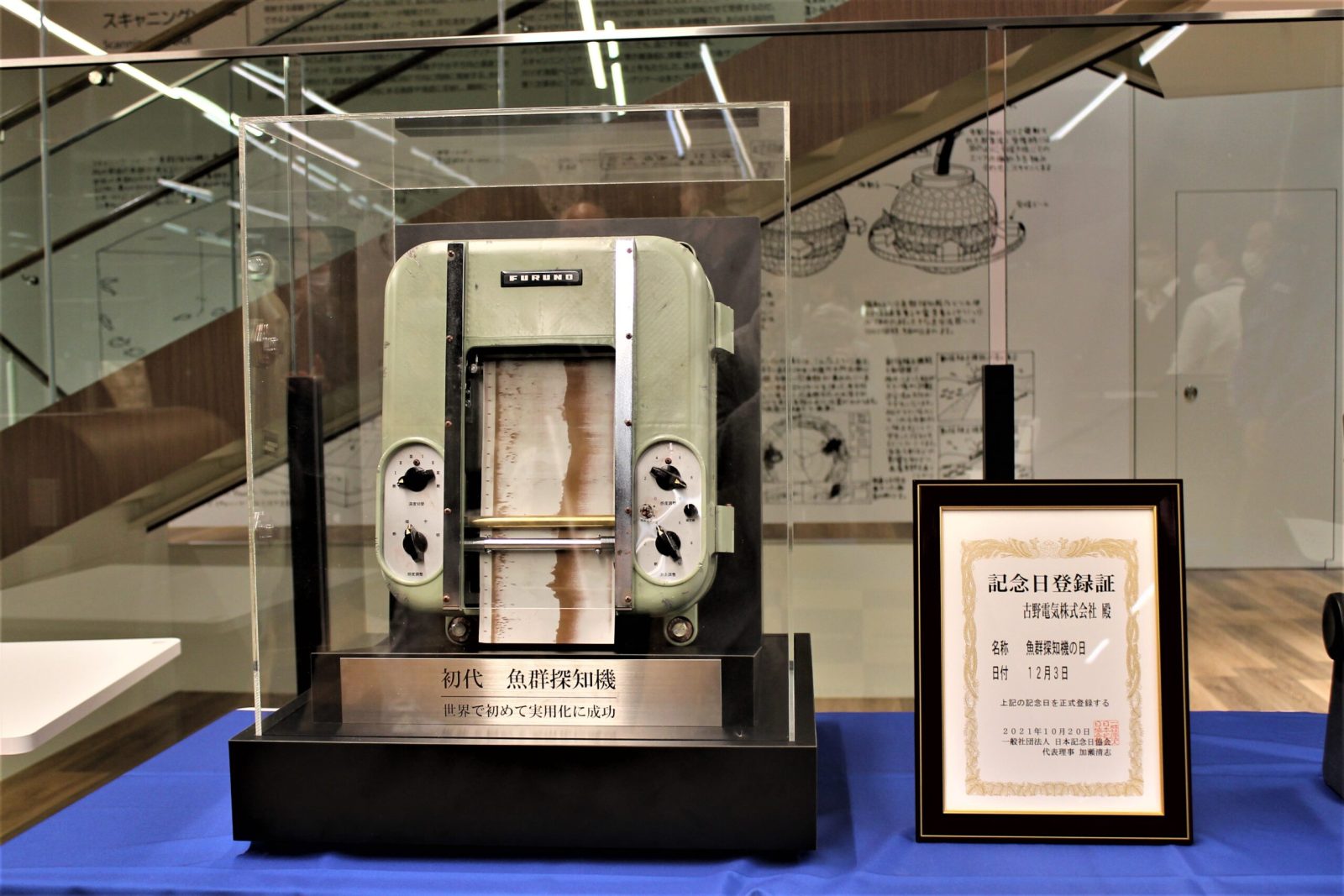
Panbo publishes select press releases as a service to readers and the marine electronics industry. The release contents do not reflect the opinion of the editors and are not fact checked by the editors


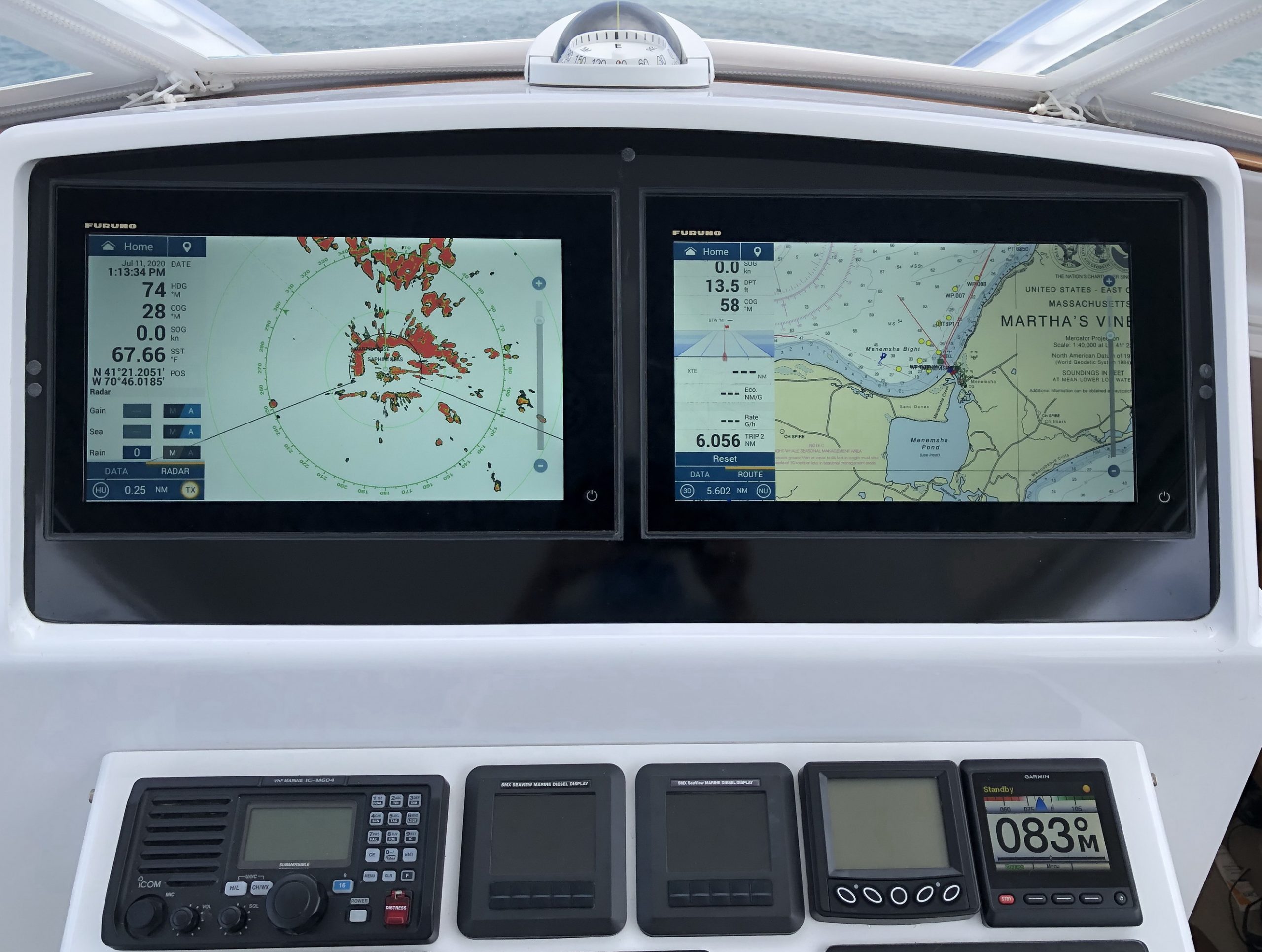
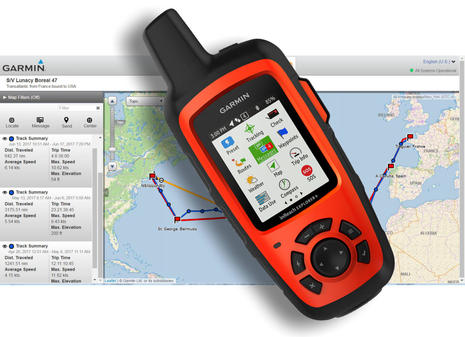
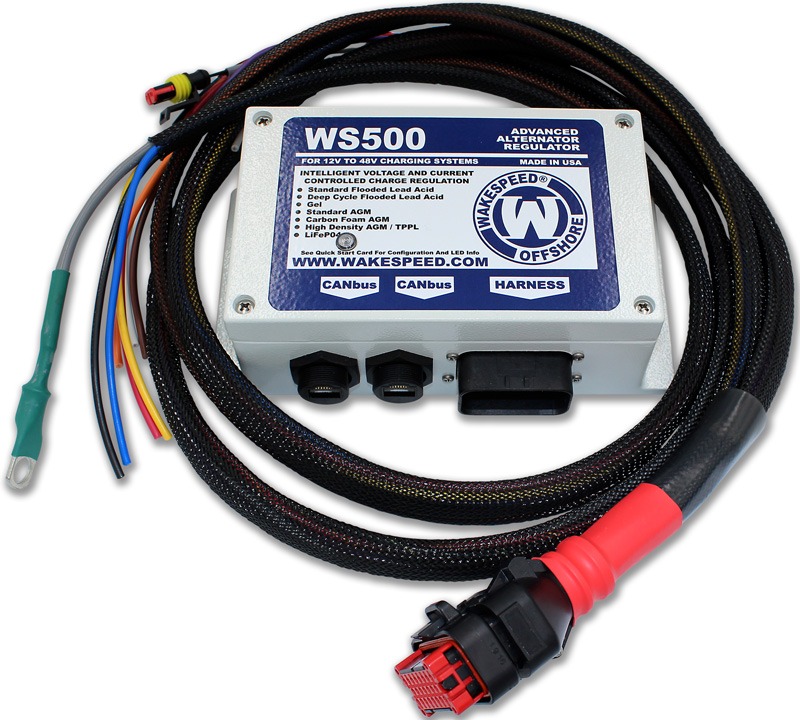
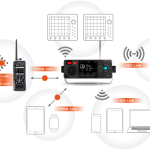







The history of marine electronics is not well documented, so I think it’s great when companies honor their past.
More interesting detail on the Furuno origin story here: https://www.furuno.com/special/en/fishfinder/index.html
Also nice to see the IEEE include a marine product in their Milestones program, which they interestingly limit to developments that happened at least 25 years ago: https://ieeemilestones.ethw.org/Main_Page